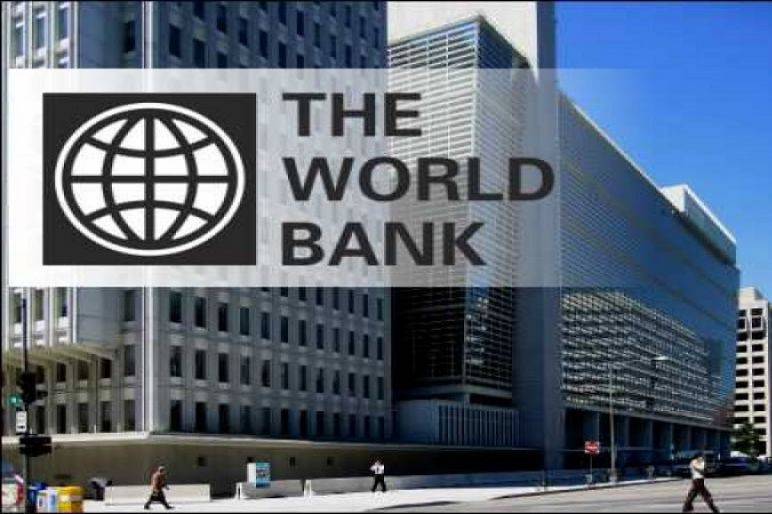Sri Lanka can leverage its unique location and trade agreements to overcome the dis-economies of its small scale, World Bank announced.
The Colombo port, which already sees 80 percent of its volume coming from trans-shipment cargo, is poised to grow. However, Sri Lanka cannot take its position for granted with high growth in other ports in Pakistan and India, World Bank blog report revealed.
While domestic logistics are inefficient, internationally Sri Lanka is performing better. Currently, it ranks 57.7 out of 100 on the BMI Logistics Risk Index, and places 15th on the UNCTAD Liner Shipping Connectivity Index, which ranks countries according to their level of connectedness to international maritime networks.
The per-container cost for exporting and importing to and from Sri Lanka are much lower than the South Asia average but not at world class level (respectively, US$560 and US$690 – South Asian average is US$1,923 and US$2,118, 2015 data).
To go the extra mile to a regional logistics hub, the government has started reforms including establishing a Trade Information Portal and the National Single Window which will streamline trade processing across the 20 plus agencies involved.
The Government has carried out some focused reforms since 2016 to improve the investment climate, and with the expected lag, reforms are cropping up.
In 2017, trade across borders was made more efficient, and this year improvements are expected relating to starting a business, property registration, and construction permits.
Further, the BOI (Sri Lanka’s main FDI facilitation body) is transitioning towards modern investment promotion..
Policy uncertainty in Sri Lanka has proven daunting for investors, with a lack of information on regulations, high fragmentation in policymaking, frequent policy changes and slow policy implementation.
Long-term policy strategies can serve as path-setters and expressed commitment to policy continuity in support of the GOSL vision. World Bank added.
(LI)

